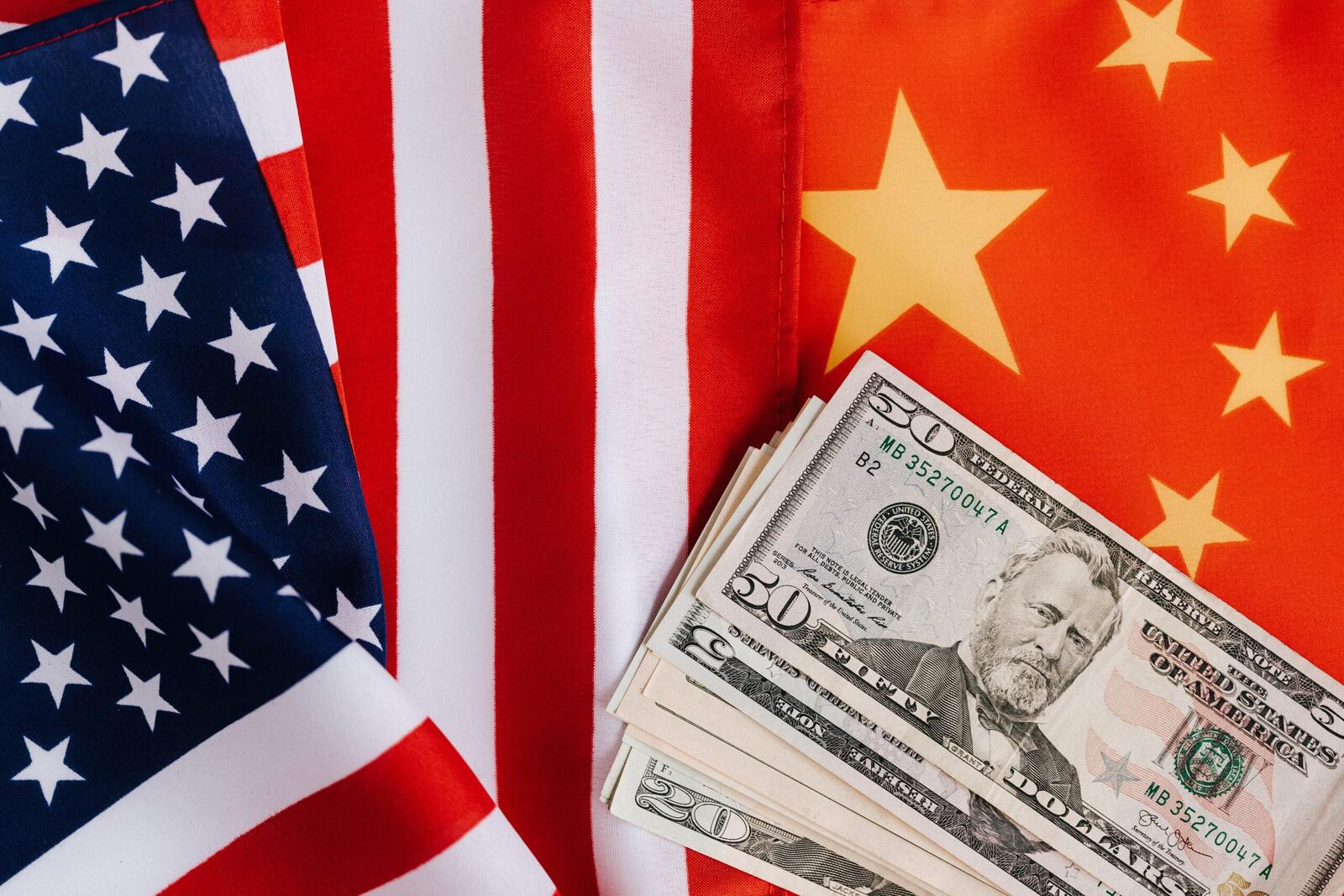The United States has announced that it will ban American investment in some areas of China’s high-tech sector amid growing tensions between the two nations, the BBC reports.
The decision will allow the US government to screen foreign dealings made by private companies with China. US firms will also be required to disclose what investments they make in Chinese high-tech sectors.
China is said to be “very disappointed” over the decision, as the US investment ban promises to further chill economic relations between the two nations.
US Ban On Chinese Investment
US President Joe Biden has kicked off the decision to ban investment in “countries of concern” in certain technological areas.
These include quantum computing, advanced semiconductors and some areas of artificial intelligence (AI). Whilst the latter hardly comes as a surprise as the US and China have been locked in an AI arms race in the recent year, this investment ban promises to increase sector hostilities between the two tech top dogs.
The government will also require US firms to notify the Treasury Department of investments in firms working on a wider range of AI and semiconductor technology.
Briefing The Globe: Defining The Rules
The US will now enter a public comment period in which it is expected to give some clarification as to what kinds of investments with China are off-limits.
In the meantime, the US has said that the measure will be narrowly targeted, with rules not expected to apply to so-called portfolio investments. This is when firms invest passively in companies via the stock market but are focused on active investments made by private equity, venture capital and other firms.
In a briefing with reporters, senior administration officials said that the US remained committed to open investment.
But Sarah Bauerle Danzman, a senior fellow at the Atlantic Council, said the approach outlined on Wednesday was narrower than some of the other proposals under debate. She said the ban represented an “unprecedented” expansion of government oversight.
“It is definitely a big deal and it certainly represents quite a break from past policy,” she said.
More from News
- Starlink Is Bringing More Connectivity Options To The UK, Here’s How
- Is AI To Blame For Recent Big Tech Job Cuts?
- Experts Share: How In-App Whatsapp Ads Will Affect The Overall User Experience
- UK’s NayaOne Enters Saudi Market With AstroLabs, Launching First Fully Saudi-Hosted Fintech Platform
- How Is Google Dealing With Fraud In India?
- What Are The Main Sources Google’s AI Overview Uses?
- New Drone Flights Approved to Help Monitor Railways
- How The UK Government Is Helping With Employment Reform
Reactions To The Ban: China’s Hit Back
China is reported to be “very disappointed” over this decision by the US.
Liu Pengyu, a spokesperson for the Chinese embassy in Washington, said the US “has continuously escalated suppression and restrictions on China,”
He added that the decision goes decidedly against the White House’s claims that the US was not seeking to damage China’s economy. “We urge the US side to honour its words”, Mr Pengyu stated.
In the briefing with reporters senior administration officials clarified that the measure was a “national security action, not an economic one”. Needless to say, this assurance hasn’t done much to quell backlash on the investment ban.
After all, controls on outbound investment are rare among advanced economies. They are currently only present in Japan and Korea, according to a 2022 report by the US-China Investment project.
But the US is standing by its decision, with the ban coming as part of its latest efforts to build international support for the investment curbs.
Despite China’s anger at the ban, the decision has come with some signs of success elsewhere.
The latest measure has widespread support in Washington, where it is seen as addressing concerns over the financial flow of American money into China which some see as fuel to assist in its military ambitions.
Furthermore, in May Prime Minister Rishi Sunak said the UK government may consider curbs on outbound investment. Earlier this summer, the European Commission also put forward a proposal focused on investments in sensitive technologies.
Impact On The Chinese Tech Industry
With China and the US standing as the globe’s top dogs in tech, how is the Chinese technology sector expected to be affected by the investment ban?
Currently, it’s not clear how significantly the measure will affect flows of investment.
In 2022, China was the number two destination for foreign investment, behind the US. But as geopolitical relations sour, it seems China will see money flowing into the country sharply drop.
The value of US foreign direct investment transactions in China already dropped to roughly $8bn last year, the lowest level in nearly two decades, according to the Rhodium Group.
And, in the UK, a recent survey by the Institute of Directors found that one in five UK importers had already switched investments away from the country due to rising political tensions.
But Ms Bauerle Danzman, a professor of international studies at Indiana University, said despite US efforts to target its restrictions, the ill-defined nature of some of the technologies in question, many of which also have consumer uses, means the clampdown risks becoming too broad.
She warned that could ultimately hurt the US, by raising costs for businesses and isolating the country from technological advances.
“Whether this is good or bad is going to depend on implementation,” she said. “The US government has to be very careful not to allow this to expand and expand and it needs to find ways to have some amount of exchange of information in ways that don’t challenge national security so that we’re not cutting ourselves off from opportunities for new scientific discoveries.”



